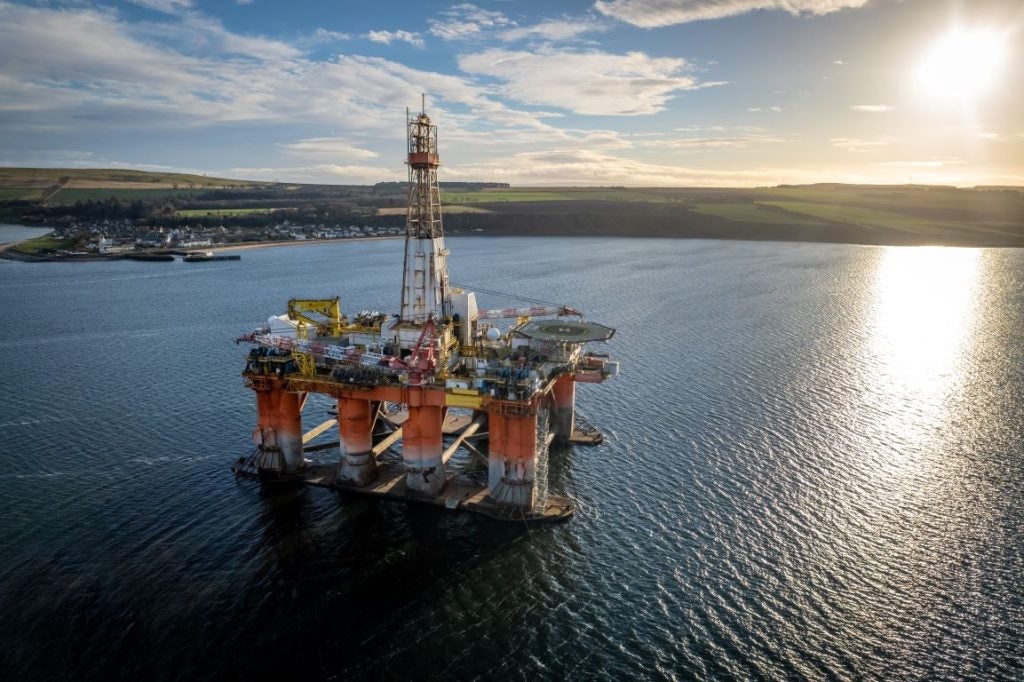
The World Resources Forum (WRF) and the Responsible Mining Foundation jointly released a report on Monday assessing the environmental, social and governance (ESG) practices of a select number of companies in the extraction sector, concluding that the release of such data does not harm competitiveness.
Using public data, the Extractive Commodity Trading Report (ECT) assessed the policies and practices of 25 companies concerning ESG performance. The report considered the public disclosure diligence of governance-related issues, the presentation of potential human rights abuses, and the reporting of possible environmental damage in supply chains.
The report is set against a backdrop of disruption to the sector, caused by the Covid-19 pandemic, the war in Ukraine, and recent high-profile accusations of bribery and corruption, such as those recently levied by short seller Hindenburg Research at oil giant Adani Group. The report’s results show that anti-bribery and corruption systems are rarely supported by practical measures.
Big oil companies also scored poorly in the report’s indicator results charts. ExxonMobil performed badly on commitments to assessing and tracking performance of activities relating to human rights, financial flows and the environment. ConocoPhillips similarly had low scores for its commitments to preventing human rights abuses, illicit financial flows and environmental damage. BP and Chevron also scored poorly in their commitments to and action on environmental impact prevention.
No sign of responsible and transparent sourcing
The report found that most companies that trade oil, gas, metals and minerals choose not to publicly disclose financial information, specifically relating to their annual turnover, taxes, and purchases from governments or state-owned businesses.
See Also:
Results from the assessment also show that due to a lack of transparency, companies are unable to prove that they are taking action to prevent human rights violations, illicit financial flows, and environmental and climate damage.
How well do you really know your competitors?
Access the most comprehensive Company Profiles on the market, powered by GlobalData. Save hours of research. Gain competitive edge.

Thank you!
Your download email will arrive shortly
Not ready to buy yet? Download a free sample
We are confident about the unique quality of our Company Profiles. However, we want you to make the most beneficial decision for your business, so we offer a free sample that you can download by submitting the below form
By GlobalDataHowever, some companies did choose to voluntarily disclose their finances relating to these areas.
“This report shows that trading companies can follow the examples of their more transparent peers to meet society expectations on public disclosure without compromising their own competitiveness,” WRF managing director Mathias Schluep said in a statement.
The report found that due diligence systems for most companies are very limited and often stop at the initial step of setting supplier expectations. Few companies had systems in place that extend to assessing supplier compliance and taking action to address any non-compliance. Without these steps, corporate due diligence cannot contribute to the prevention of supply chain risks, the report concluded.
Since the last ECT report in 2021, there has been “no sign of a marked shift towards responsible and transparent sourcing” of resources, the report found. For example, two-thirds of companies show no evidence of tracking their performance regarding management of human rights risks in the supply chain, although most companies did show progress on at least one issue relating to ESG policies.
Results on environmental due diligence show only three companies with relatively strong performance, with all other companies assessed scoring far lower. Nearly one-third of companies are not able to show that they have made commitments to environmental policy that covers trading as well as production activity.
Legal trouble
The report also found that over the last five years, more than half of the assessed companies faced investigations for illegal practices such as bribery, price manipulation, fraudulent transactions, money laundering and tax evasion. Reported incidents are thought to involve over a dozen countries in all regions of the world.
Even companies with relatively comprehensive compliance systems are among those facing investigation or legal proceedings, casting doubt on the effectiveness of companies’ policies and practices.
The ECT report found that stronger legislation is key to driving better practice, because companies in the sector remain mostly unwilling to voluntarily disclose information about their practices publicly. Historically, companies subject to disclosure requirements from governments or others on issues such as human rights, lobbying, taxes and payments perform better than those not subject to such regulation.






